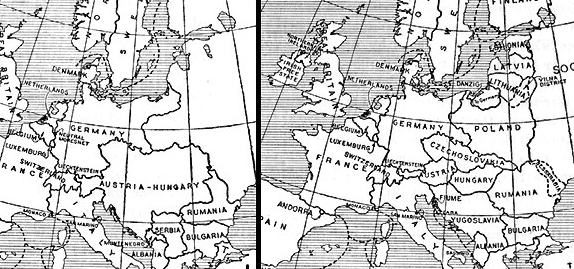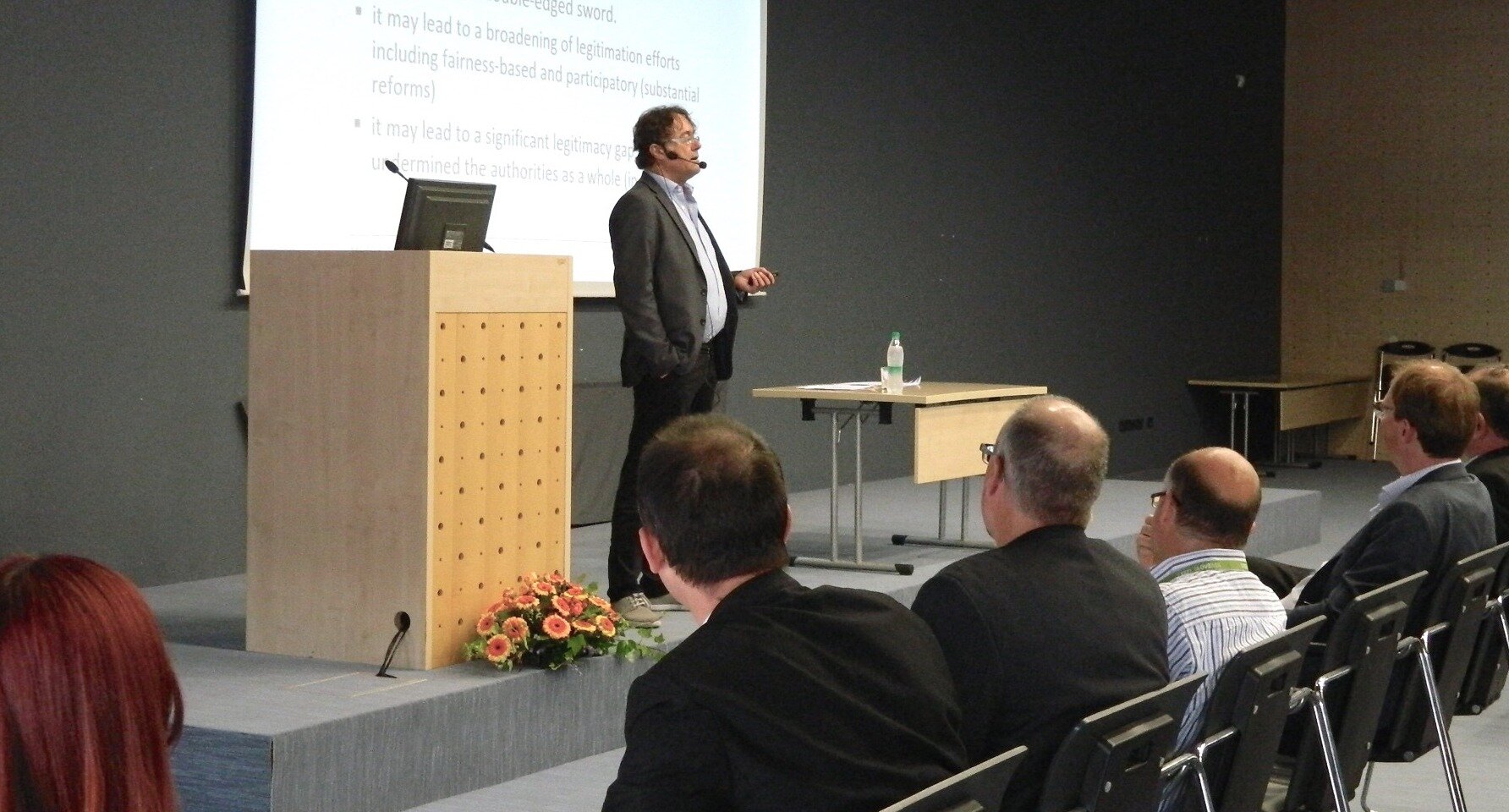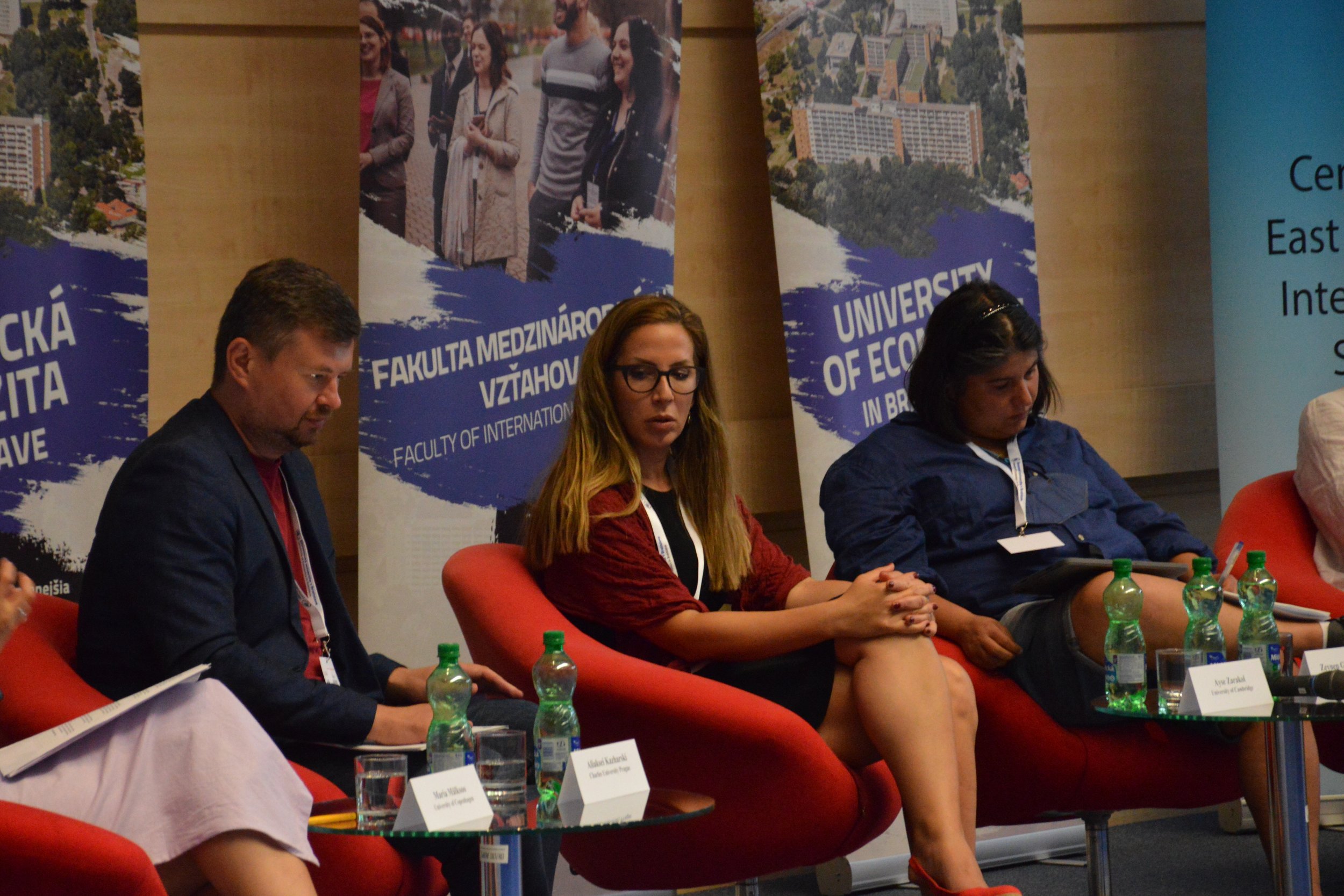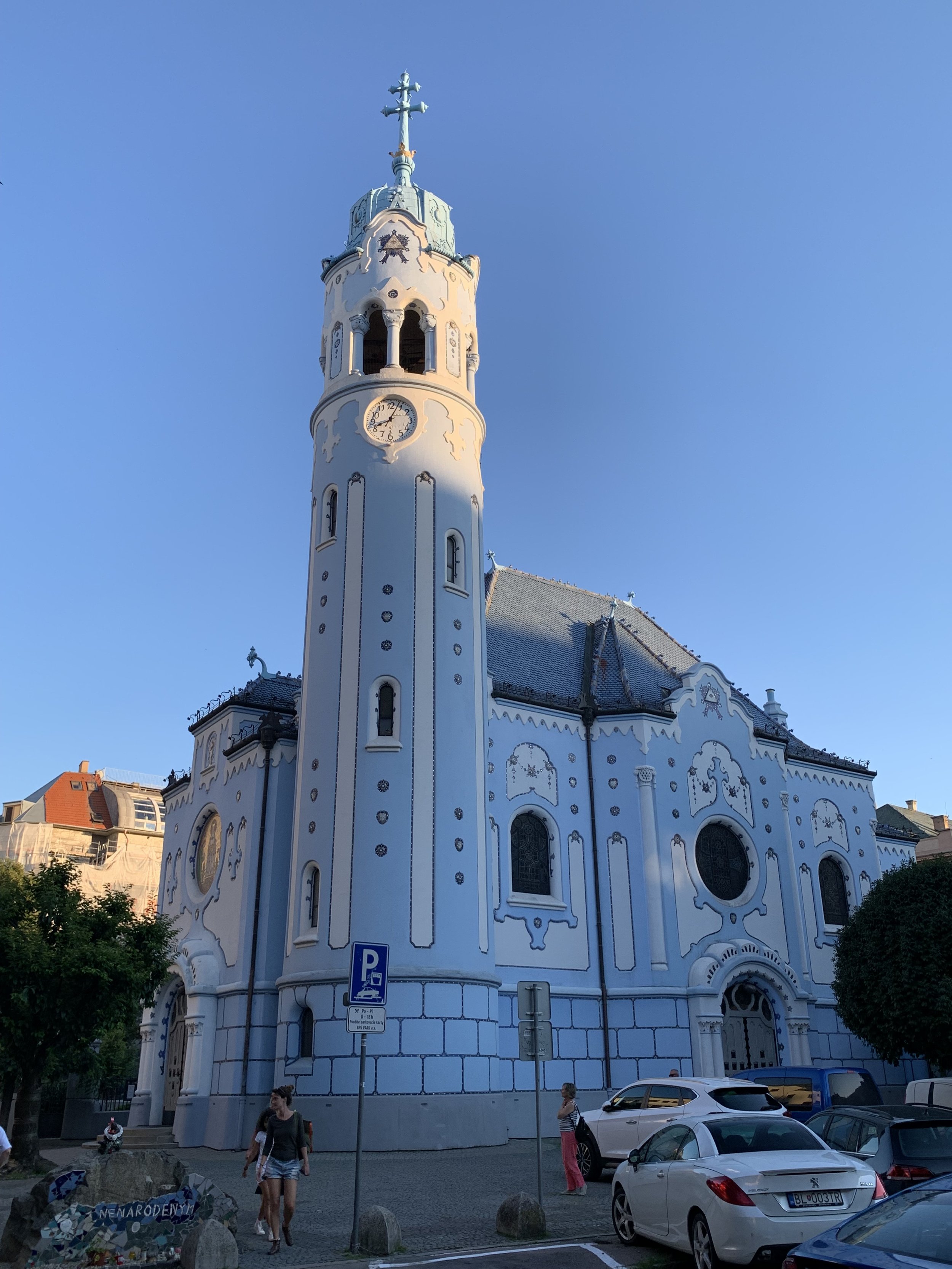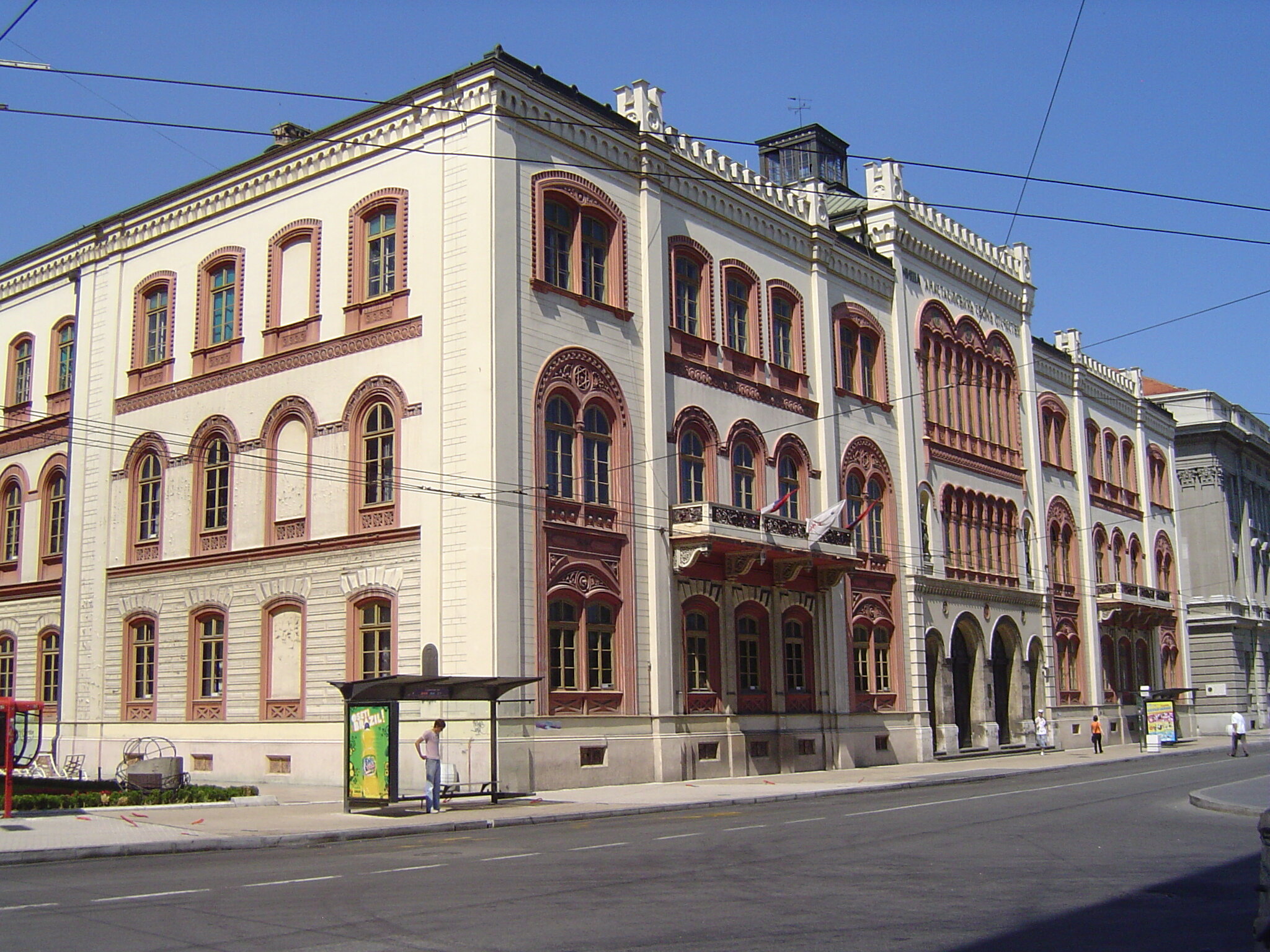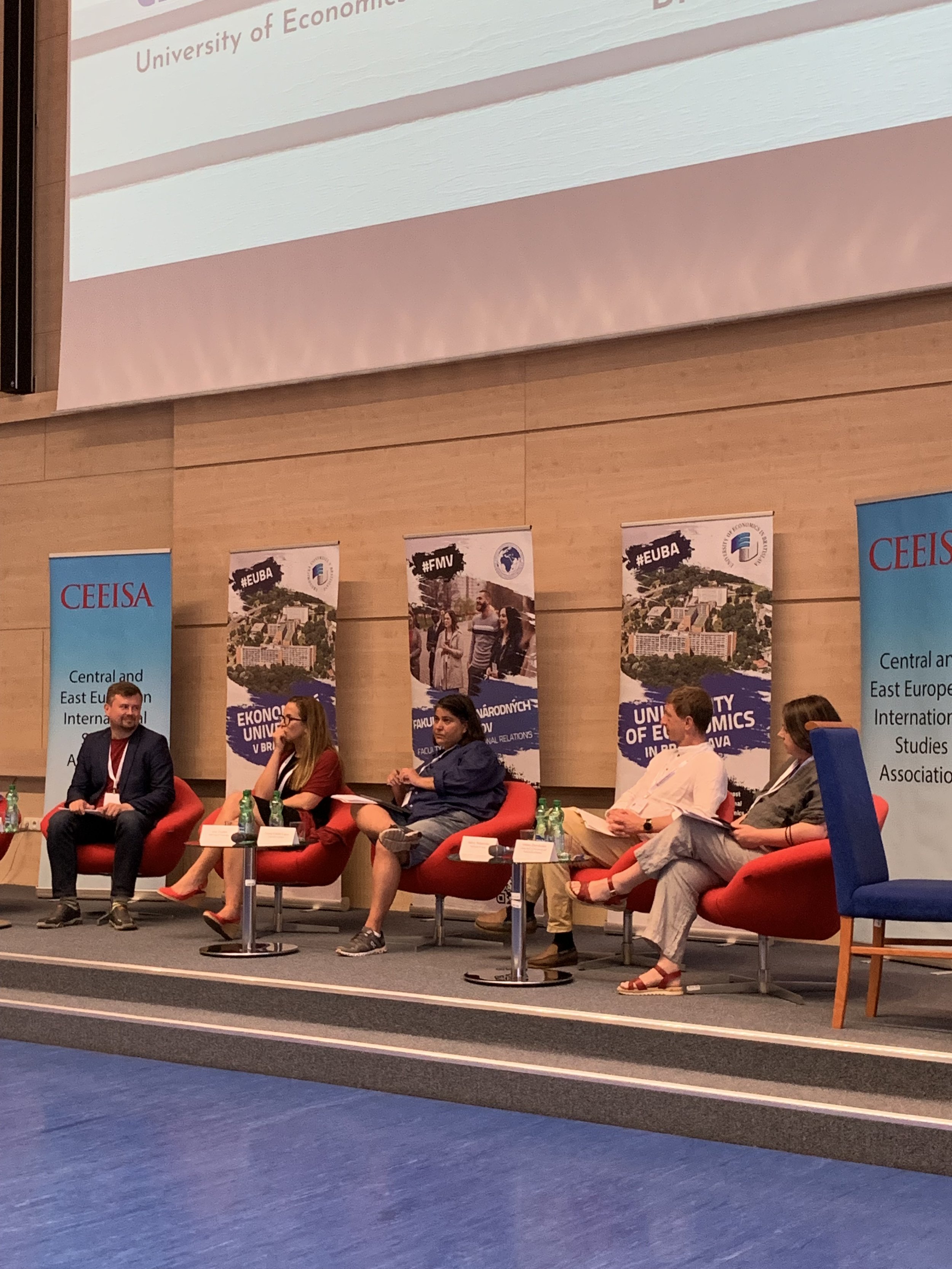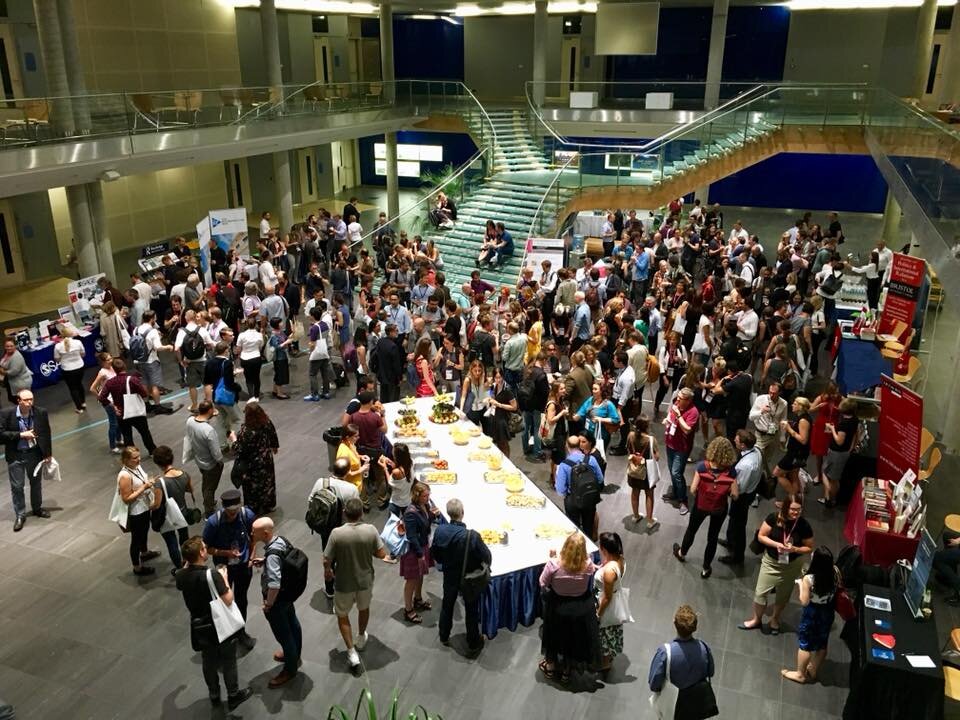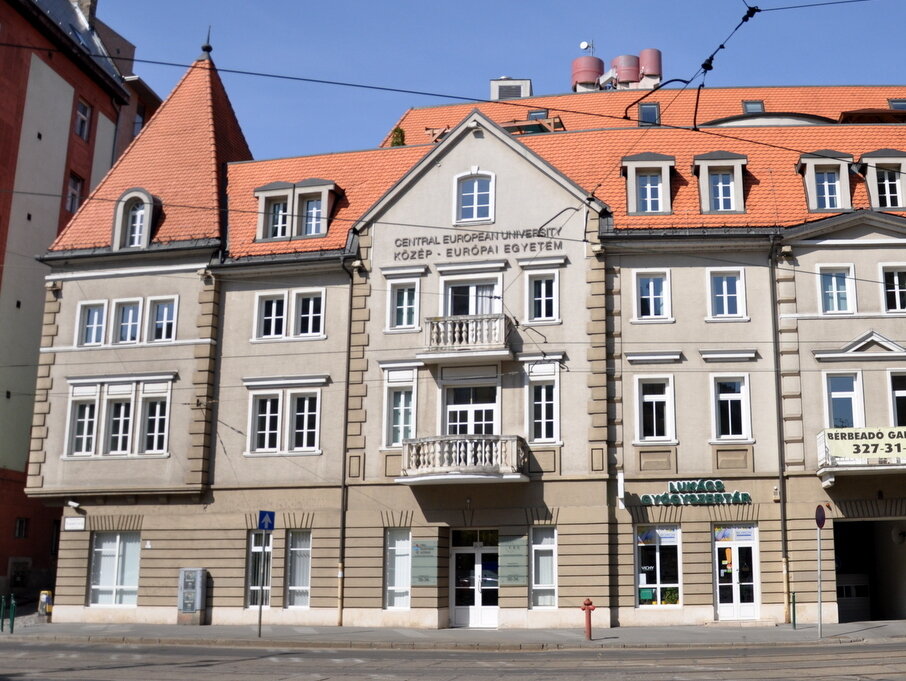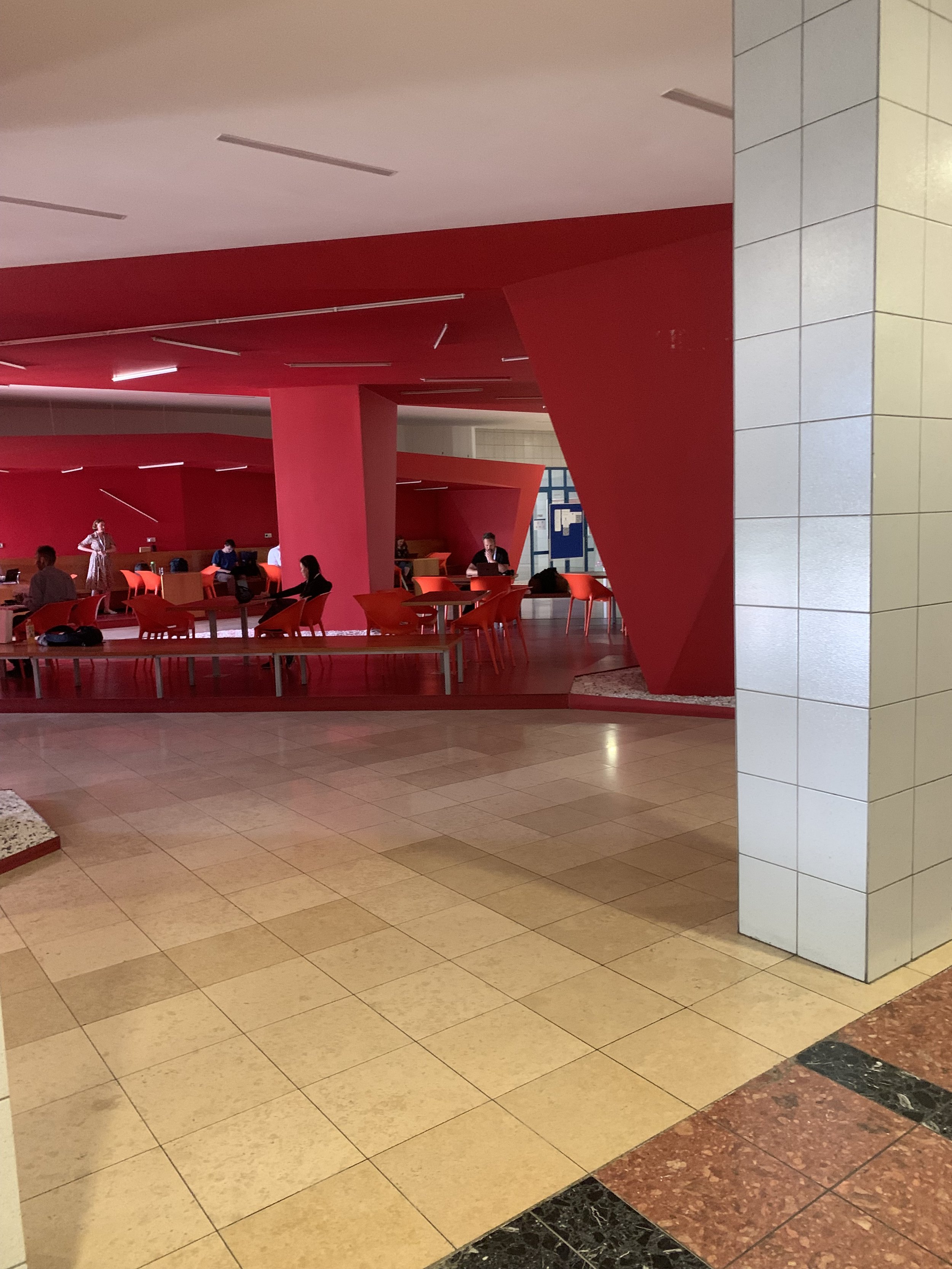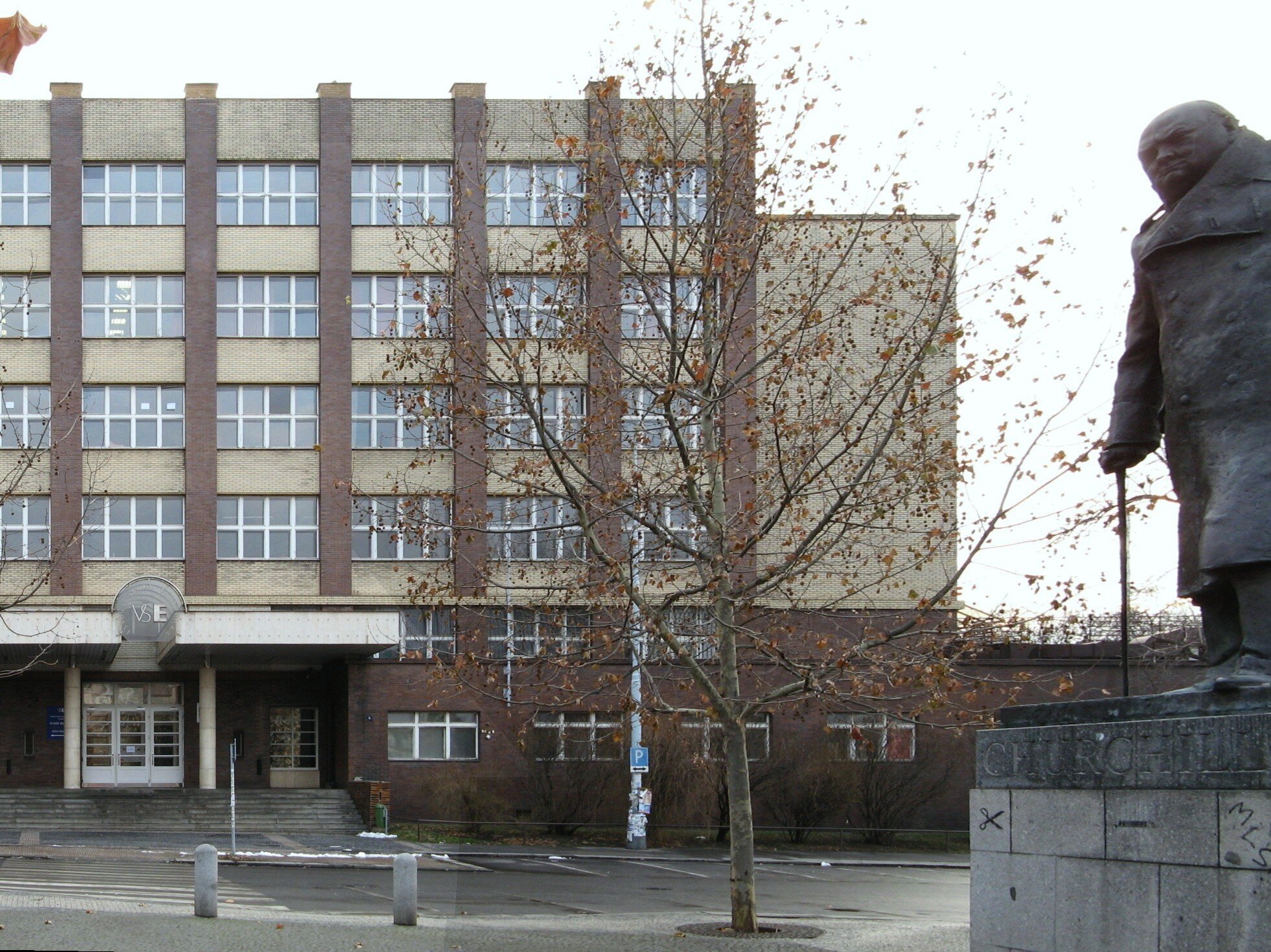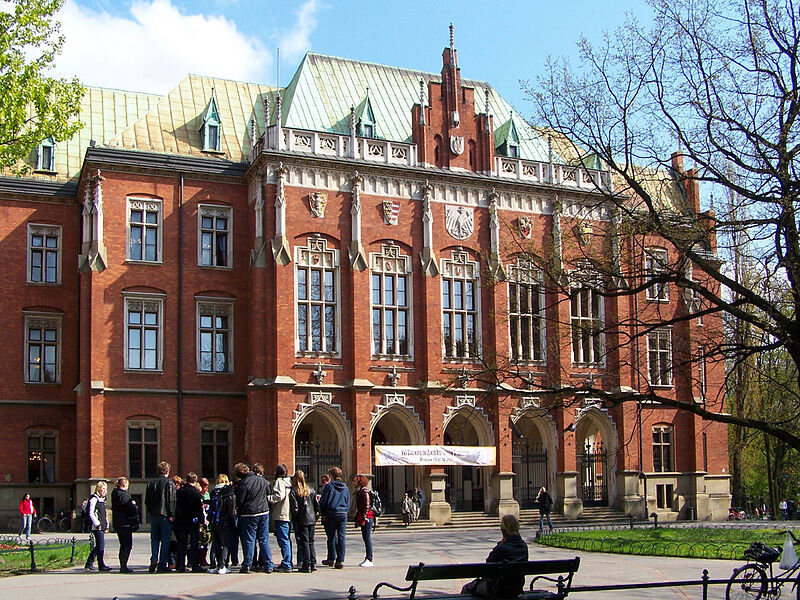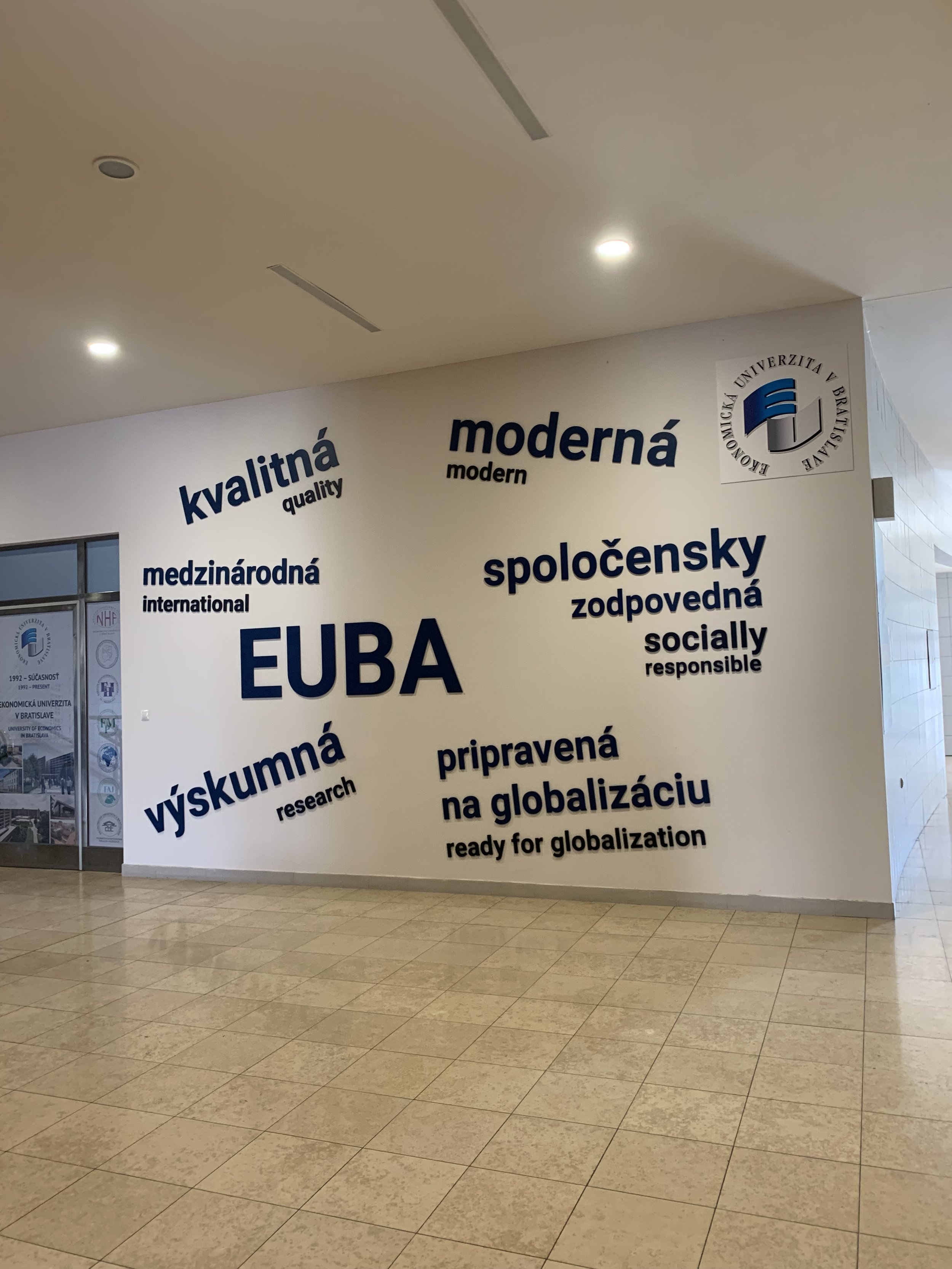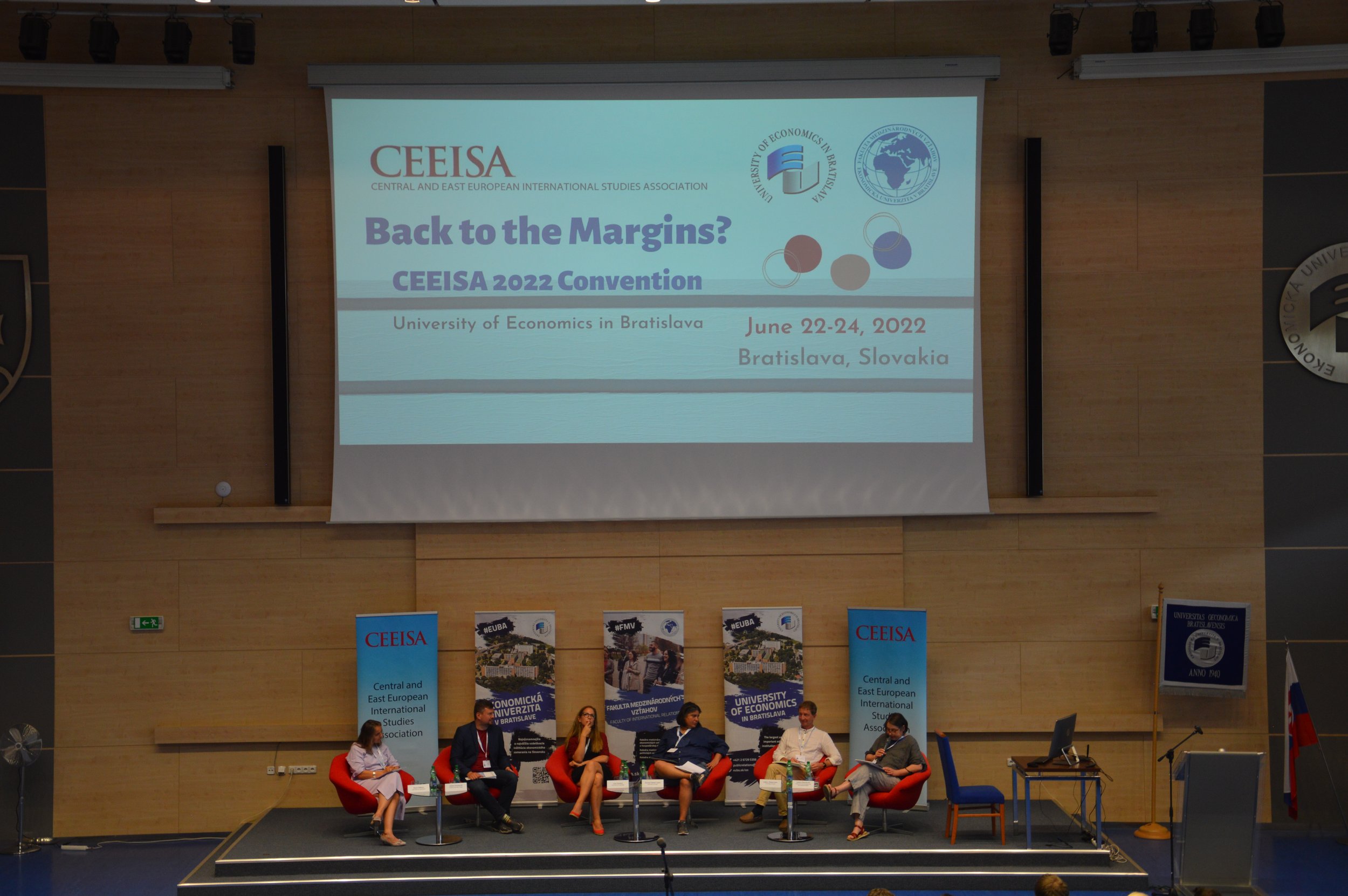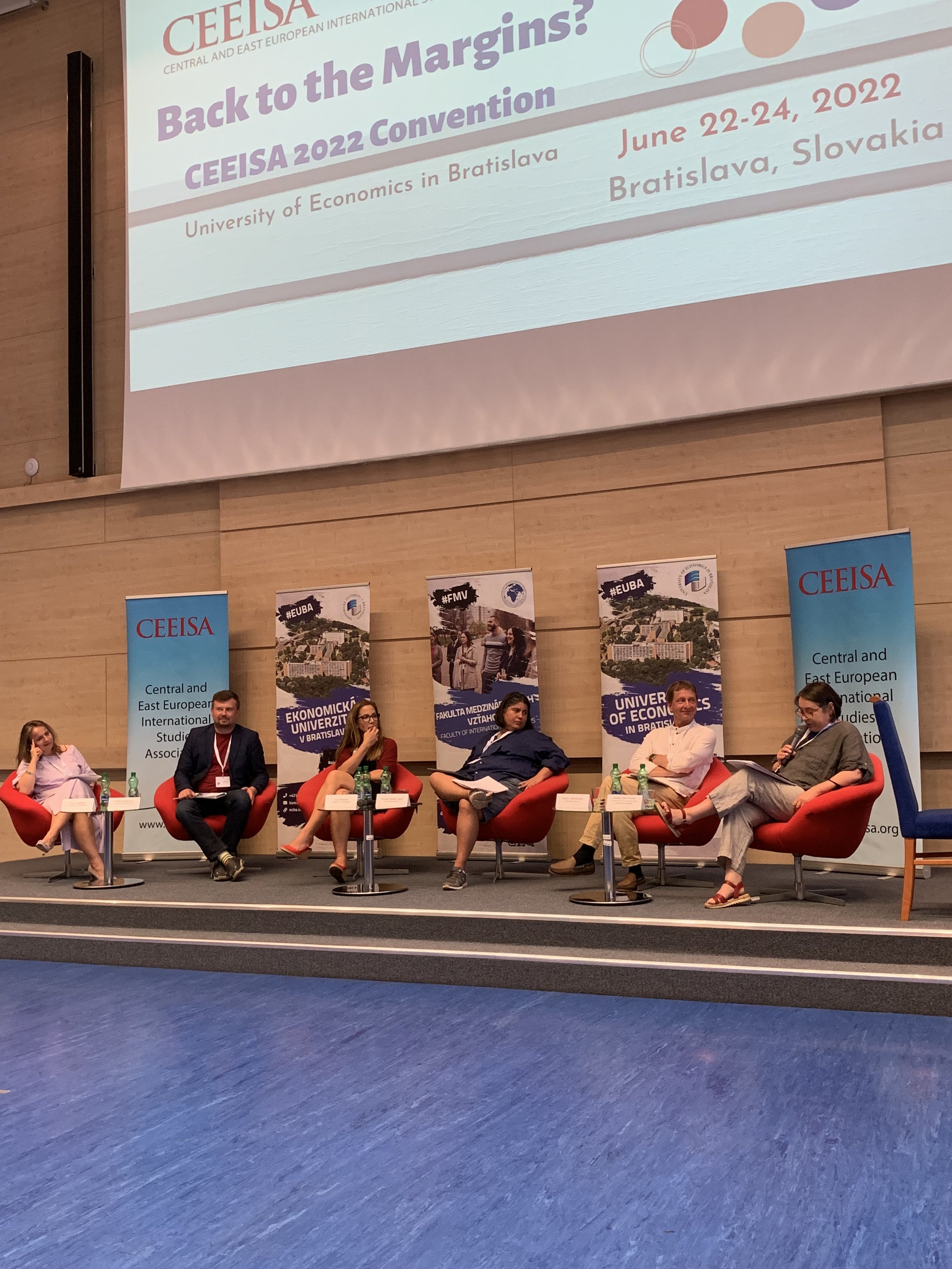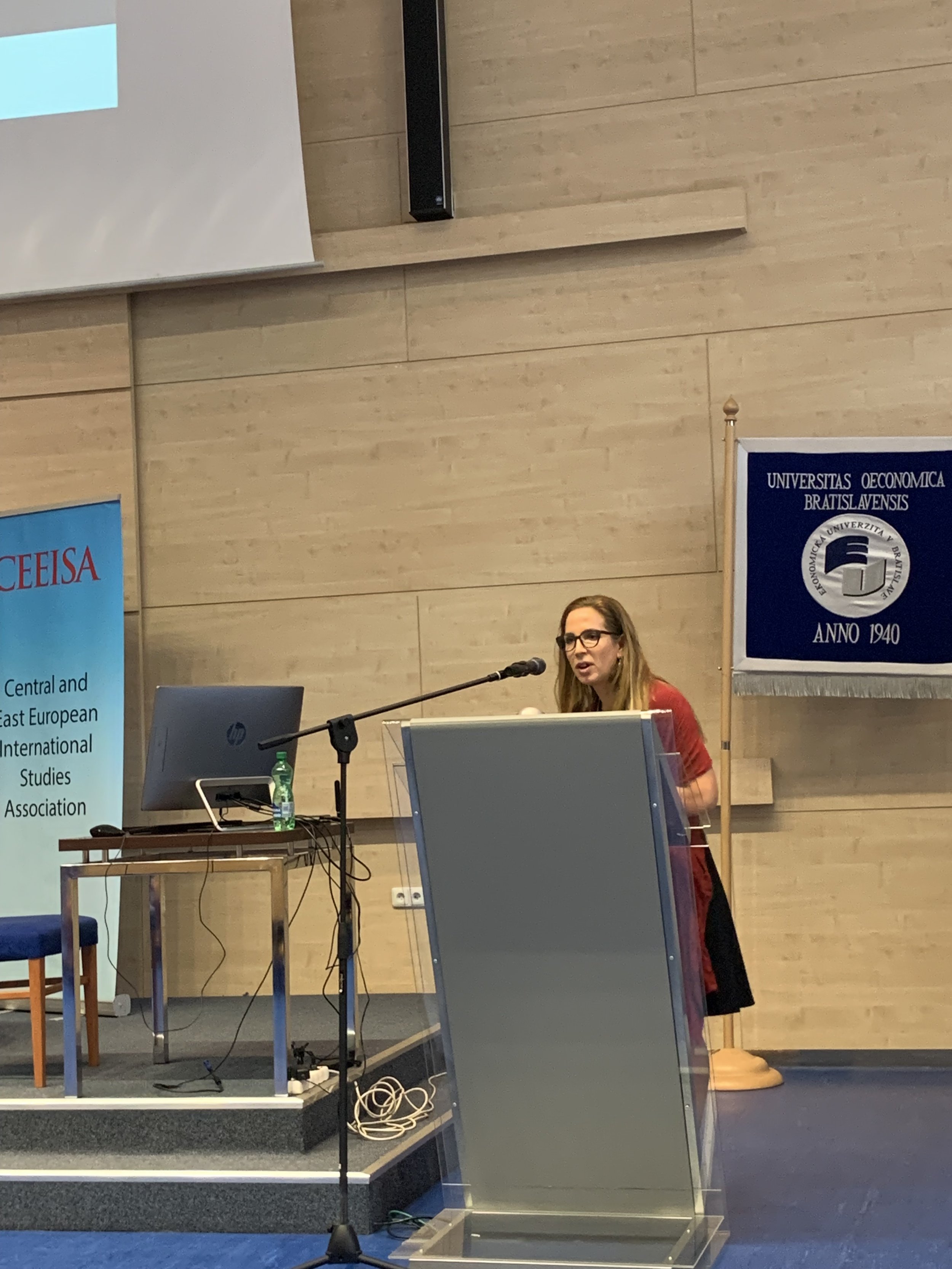Statement on the Rising Threats to Universities and Academic Freedom Worldwide
The Central and Eastern European International Studies Association (CEEISA) stands in solidarity with the growing number of colleagues and students facing violent attacks and increasing restrictions on academic freedoms worldwide.
The situation is particularly dire in conflict zones, where universities and scholarly communities face severe physical attacks or even extinction. In Gaza, as of January 2025, 12,119 students and 498 educational staff were killed, while 51 university buildings were destroyed and 57 damaged, according to a UN report. In Ukraine, as of March 2024, according to the most recent estimates, 21% of higher education institutions and 31% of research institutions have been damaged or destroyed due to the Russian invasion. While these two conflicts are the most visible in global media, violent attacks on educational institutions, and their military use as bases, firing positions, or weapons storage are increasing in many other parts of the world, including in Afghanistan, Nigeria, Myanmar, Sudan, and Syria, according to the 2024 Education Under Attack report. In some countries, such as Afghanistan and Pakistan, female students and teachers are particularly targeted to prevent them from getting or providing an education. In others, such as Azerbaijan and Russia, academics are often targeted in smear campaigns and held as political prisoners due to their anti-war activism.
Beyond conflict zones, academic freedoms are shrinking in both authoritarian and democratic contexts alike, as documented in the Scholars at Risk 2024 report. The number of people living in countries without academic freedom has been on the rise since 2006, reaching a staggering 45.5% of the global population, according to the 2024 Academic Freedom Index. Authoritarian regimes in Russia, China, Iran, and Nicaragua have intensified their attacks on scholars and students for criticizing government policies.
Academic freedom is under threat in many democracies as well. In several Western countries, scholars who criticized the Israeli occupation and violence in Gaza lost their jobs, and events and lectures were cancelled. Some protests involved violence and Anti-Semitic or Islamophobic slogans and messages—resulting in a deeply polarized campus atmosphere marked by fear and, in some cases, violent clashes. Meanwhile, several backsliding hybrid regimes, including India, Hungary and Serbia, have increased pressure on university autonomy, targeting dissenting professors and students.
Our primary regional focus is Central and Eastern Europe. However, as scholars of international studies, we cannot remain silent in the face of violence perpetrated against our colleagues in and beyond our region and the global erosion of academic freedom. We therefore condemn this violence and express our solidarity with colleagues affected by the oppression of academic freedom in the world. To that end, CEEISA will consider the following actions:
Earmarking additional resources for travel grants to our conferences and PhD network events for scholars at risk.
Encouraging the creation of an Academic Freedom Committee, mandated to document violations of academic freedom and protect scholars at risk, beginning with but not limited to CEEISA members.
Exploring an option to publish a journal special issue and/or an edited volume on violence against universities, professors and students, the shrinking of academic freedom, and the need for solidarity and activism among scholars in international relations.
Providing collegial and financial support to scholars facing persecution or displacement. To that end, CEEISA will seek to partner with charities.
We also call upon our members, as well as the wider scholarly community engaged in international studies in Central and Eastern Europe and beyond, to express solidarity not only in words but also in actions to support scholars and students at risk worldwide.
The Executive Council of CEEISA
January 2025

